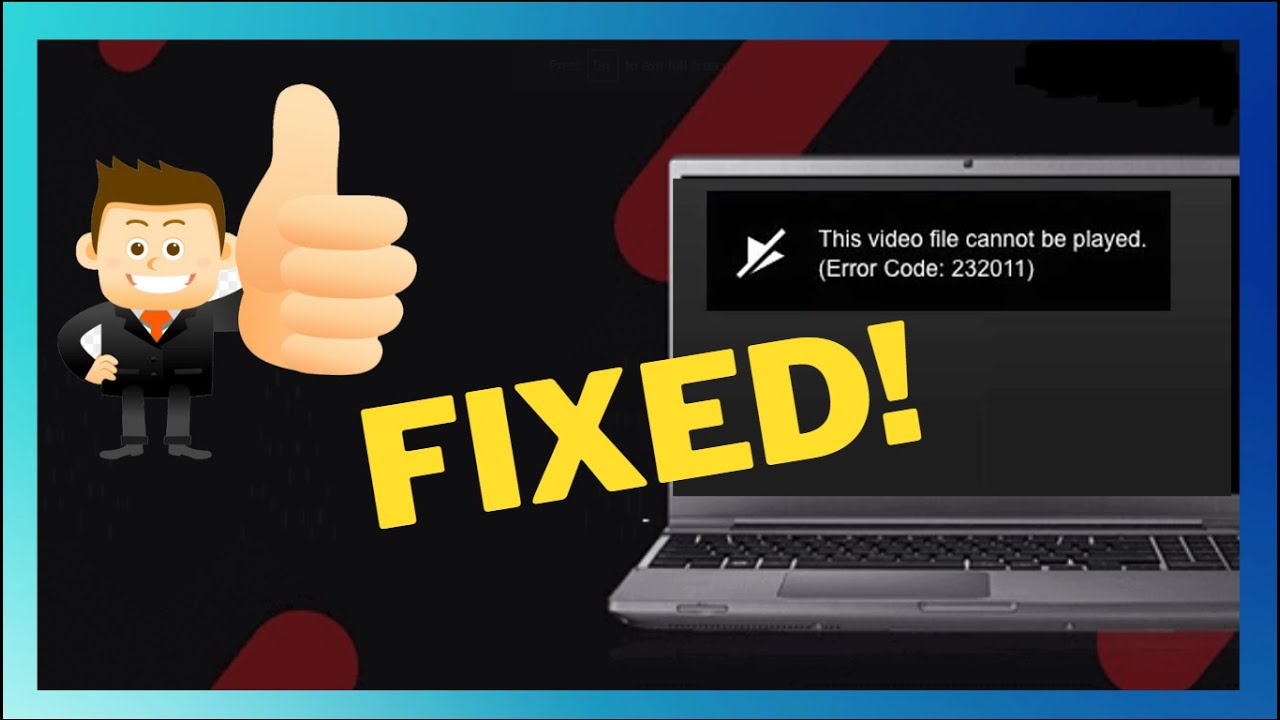https://www.pexels.com/photo/man-walking-in-a-warehouse-4480799/
It’s still a catch-22 that you need the experience to gain experience. Businesses prefer to hire those with relevant experience, but this presents a conundrum: how can one acquire such a background if no one hires them?
Getting your foot in the door can be challenging when you’re trying to break into a new field. Some people looking for work have an advantage because of the people they know. But it can be an insurmountable obstacle for people who don’t already have a network or work experience in their desired field.
Thankfully, it’s not impossible if you have the right plan of action. If you follow this advice, you can get the job you want even if you don’t have experience or connections.
1. Bring Attention To Yourself
Your resume will certainly stand out among the others, giving you an advantage over those with more direct experience. What’s important is that it stands out and that it stands out for the right reasons. Going above and beyond to secure an interview is just as important as making the changes to your resume and cover letter mentioned above.
If you are able to secure an interview in a classic car parts wholesale firm, you will have a great opportunity to impress the hiring manager with your verbal and written communication skills.
However, until then, written evidence is all that exists. Develop an original strategy by making the most of your first chance to shine. The use of a story format in a resume is one example.
2. Start Doing It
You might think there are a lot of barriers between you and the position you want, but in most cases, the only one is you. Of course, formal education and training are prerequisites for careers like piloting a plane or operating on patients. Nonetheless, many fields do not require a certificate, degree, or even approval. You can get going right away.
For instance, a Master of Fine Arts is not required for a career in graphic design. Or an engineer won’t fit in a medical device contract manufacturer firm. Don’t wait to “get a job” if you already have some design skills and have done work for loved ones. It’s time to start making money off your talents and helping others.
3. Update Your Brand’s Image
You should compare your current skill set to the qualities sought by potential employers after you have created two separate lists. Your transferable skills are those that appear in both lists. In your promotional materials, focus on these aspects.
Think of creative ways to work those ideas into the hook of your LinkedIn profile and resume summary. You should also highlight these accomplishments on your resume while eliminating anything irrelevant to the position you’re applying for. Be sure to make your new course of action obvious throughout these files as you work on them.
Using the same resume to apply to jobs in multiple fields is not a good idea. Get creative and craft a resume tailored to each job or field you’re applying to.
4. Invest In Yourself And Your Future By Learning
Possessing relevant experience in a new field is always a plus. You probably won’t need to start from scratch and get a new degree. Adding a few seminars, workshops, or classes to your resume is always a good idea. This demonstrates that you are committed to your new career path and are taking active steps to improve your skills and marketability.
It’s possible that you could do volunteer work that enhances your employability skills in your chosen field. For example, if you know how to deal with a major or a jam valve, volunteering for it will surely give you a bright opportunity.
Even though you’ll be more convincing if you have both degrees and work experience, don’t worry if you can only get one. The more marketable you appear, the better your chances of getting hired.
5. Analyze The Market
Study up on your new field. Make an effort to learn new skills in your current field. You should participate in public events such as seminars and conferences held by experts in your field. Educate yourself, read recent publications, and look for ways to lend a hand to the community or work on a contract basis.
Even if you don’t get paid, these opportunities will still be valuable in building your resume and showcasing your abilities.
6. Network
Having no current industry connections is no reason to give up on making some in the future. You can increase your visibility and expand your network of valuable contacts by participating in both online and offline networking events.
You can quickly start making connections in your field by participating in industry-related events. Websites like LinkedIn can be a treasure trove of networking opportunities. The greater your network, the more likely you are to meet your ideal partner.
No matter what else you may gain from networking with professionals in your field of interest, you are likely to pick up at least a few helpful pointers.
7. Highlight New Ideas
Historically, the most influential leaders have been those who came from outside the company’s typical chain of command. Why? Because they bring fresh perspectives and aid in the development of businesses.
However, leaders from other fields are more likely to produce long-lasting results and pave a new course for the company.
Conclusion
No matter where you are in your professional life, switching fields is an exciting and terrifying prospect. If you’ve decided to make a change, you’ve already accomplished the most difficult part.
Now, all that remains is to take the proper steps to guarantee the success of your efforts. You can enter a new industry with no prior experience or connections if you’re willing to put in the time and effort recommended here.
Please always highlight in green
Done









Leave a Reply